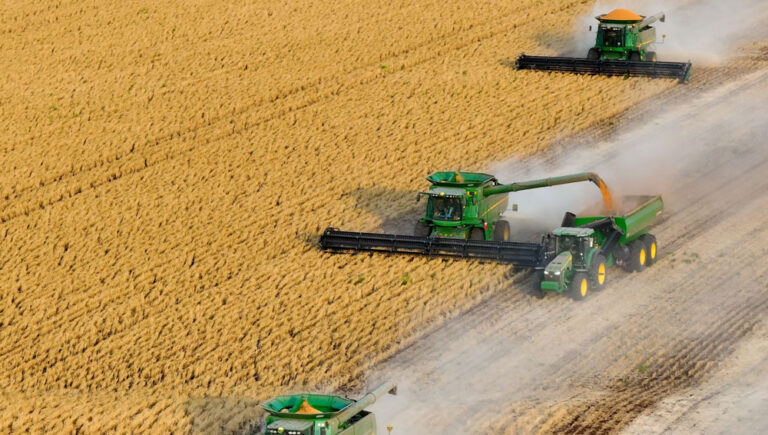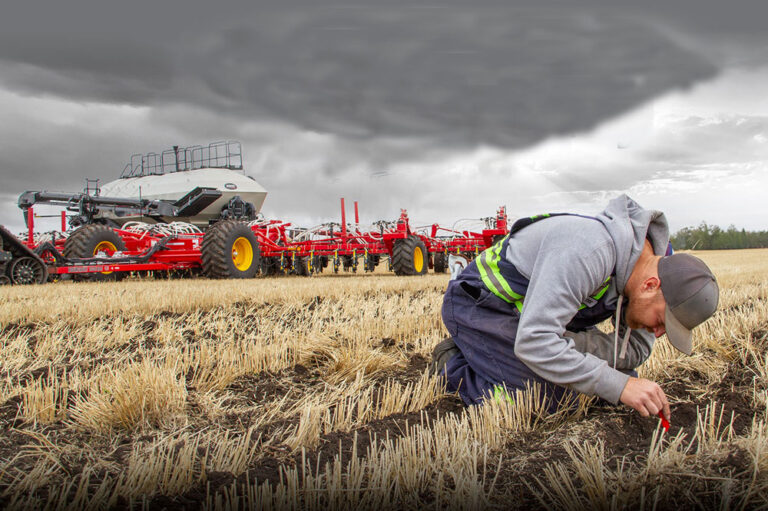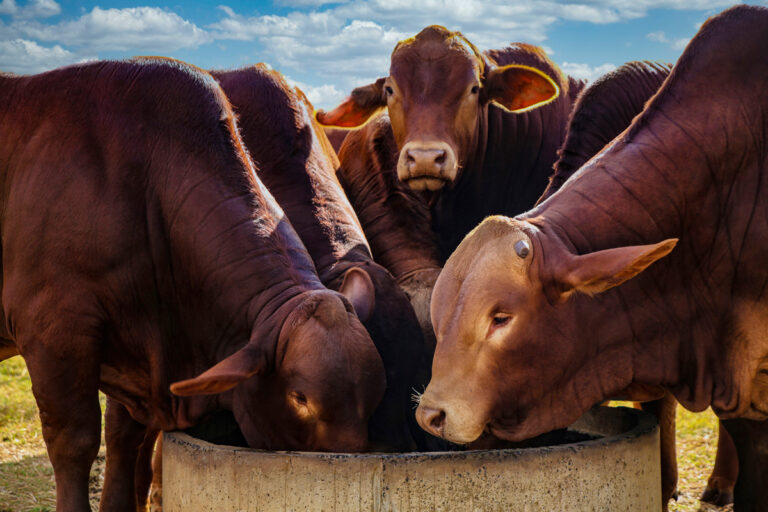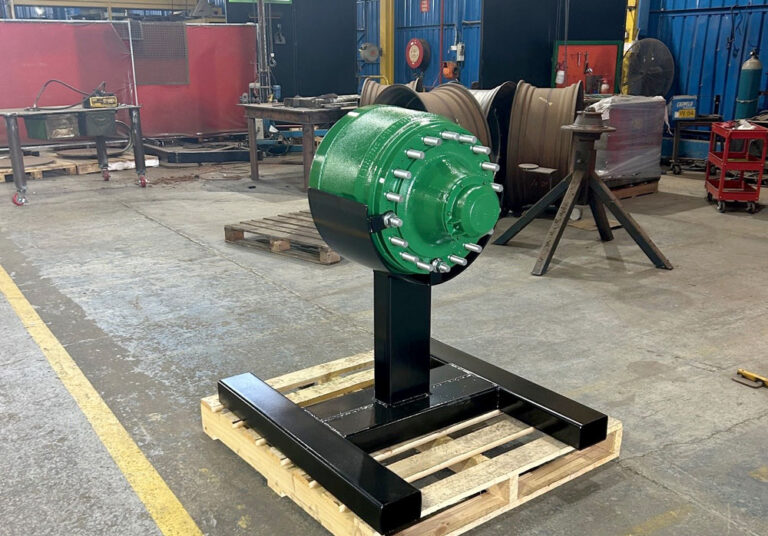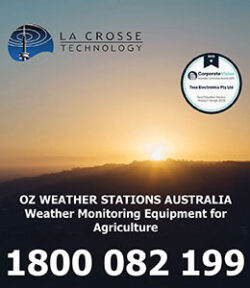CropVision science-based research data claims it can deliver success driven decisions well before sowing of winter or summer crops
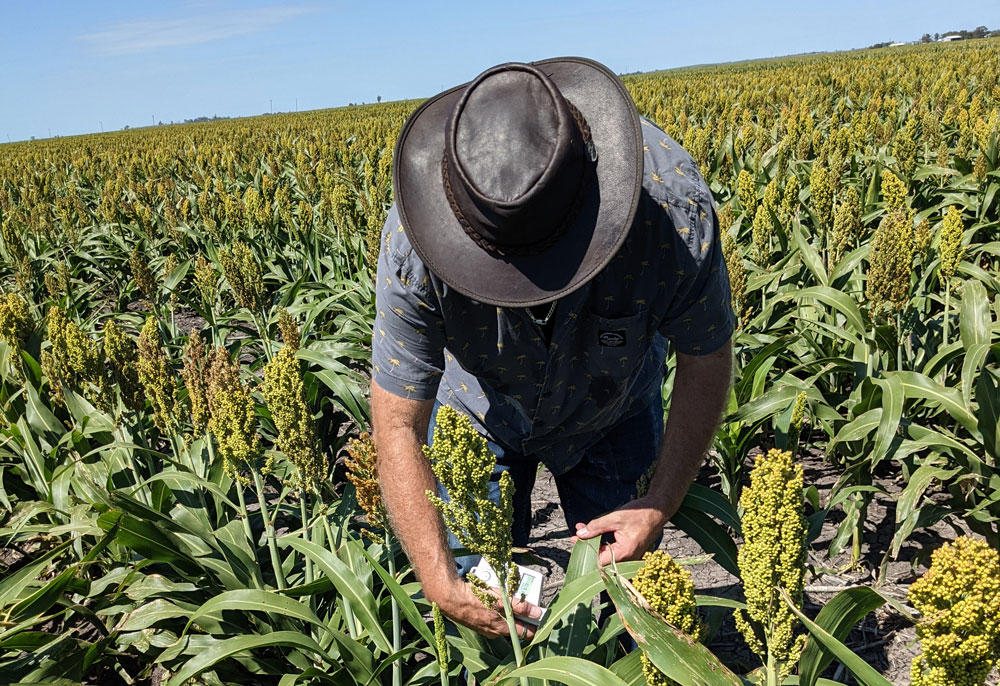
Some old timers could get it right most of the time, whether to sow or not, and while many of those soothsayers simply aren’t around anymore, some say they have been replaced by a data driven program.
CropVision, a system developed at The University of Queensland claims to offer accurate predictions of crop yield and farm production risks up to 4 months before sowing.
If CropVision says no, you will defy any reasonable odds if you go ahead and plant.
The CropVision project has been led by Associate Professor Andries Potgieter, and maintains its predicting success is in the exacting links crop models it draws from.
This includes data from Earth Observation (EO) monitoring of physical, chemical and biological systems, coupled with the very real-time global climate information.

“Existing crop forecasting can be unreliable because it’s driven by historic data with limited understanding of the biophysical-climate systems at paddock, farm or regional levels,” Dr Potgieter explains.
“CropVision is a science-based, holistic innovation that will enable better decisions and more sustainable practices to meet the many challenges affecting crop production.
“Growing up on a dryland cropping farm in South Africa, I experienced firsthand the impact of droughts and floods, and in those days, farming decisions were mainly reactive and opportunistic.
“One reason for this was that little to no information was available on production risk and projected climate and its impact on the crop potential before sowing.
“CropVision can now provide that additional information at both the temporal and spatial scales and has been validated for different crop management practices and environments across Australia,” Dr Potgieter advises.

Backing data results
At the Queensland Alliance for Agriculture and Food Innovation, CropVision has been used to develop and calibrate a new wheat model predicting yield at the 10-metre pixel scale and the field scale from more than 400 observed paddocks across Australia with significantly high accuracies at regional, farm and paddock scales.
Furthermore, as early as March 2024, CropVision’s national wheat outlook was for a close to median yield of 2.30 tonne/ha.
This closely aligns with the current October 2025 yield estimate of 2.25 tonnes/hectare.
Dr Potgieter said outputs generated from CropVision would be invaluable to better inform farmers and industry in making smarter, data-driven decisions well before sowing of their winter and summer crops.
Coming season access
“Having advance knowledge of the impact of the climate on the likely production for the coming season is critical information for farmers but also for companies looking at fertiliser and seed sales and bulk handlers planning the movement of commodities,” Dr Potgieter adds.
“Knowing the likely size of a crop or where the hotspots will be is critical to give them an edge over their competitors in terms of moving resources from one area to another.
“The next step would be to work with the Queensland Government to provide the technologies we’ve developed in CropVision to industry partners like bulk handlers of grain, insurance companies, financial institutions, and government agencies like ABARES and the ABS,” Dr Potgieter concluded.
See the latest winter crop outlook prediction here.
Behind CropVision
CropVision was funded by The Australian Research Council (ARC), The Aerospace Information Research Institute under the Chinese Academy of Sciences and the Department of Primary Industries with contributions from ABARES and the Australian Bureau of Statistics.
The Queensland Alliance for Agriculture and Food Innovation is a research institute at The University of Queensland, established with and supported by the Department of Primary Industries.


